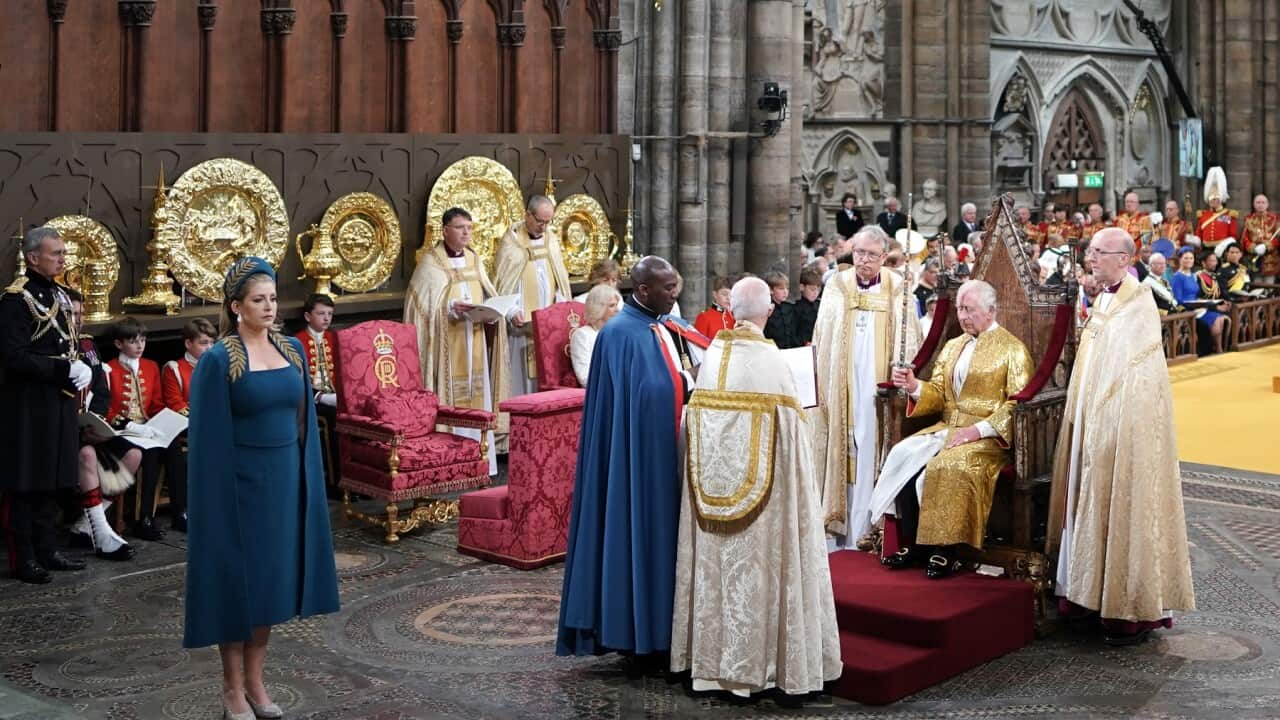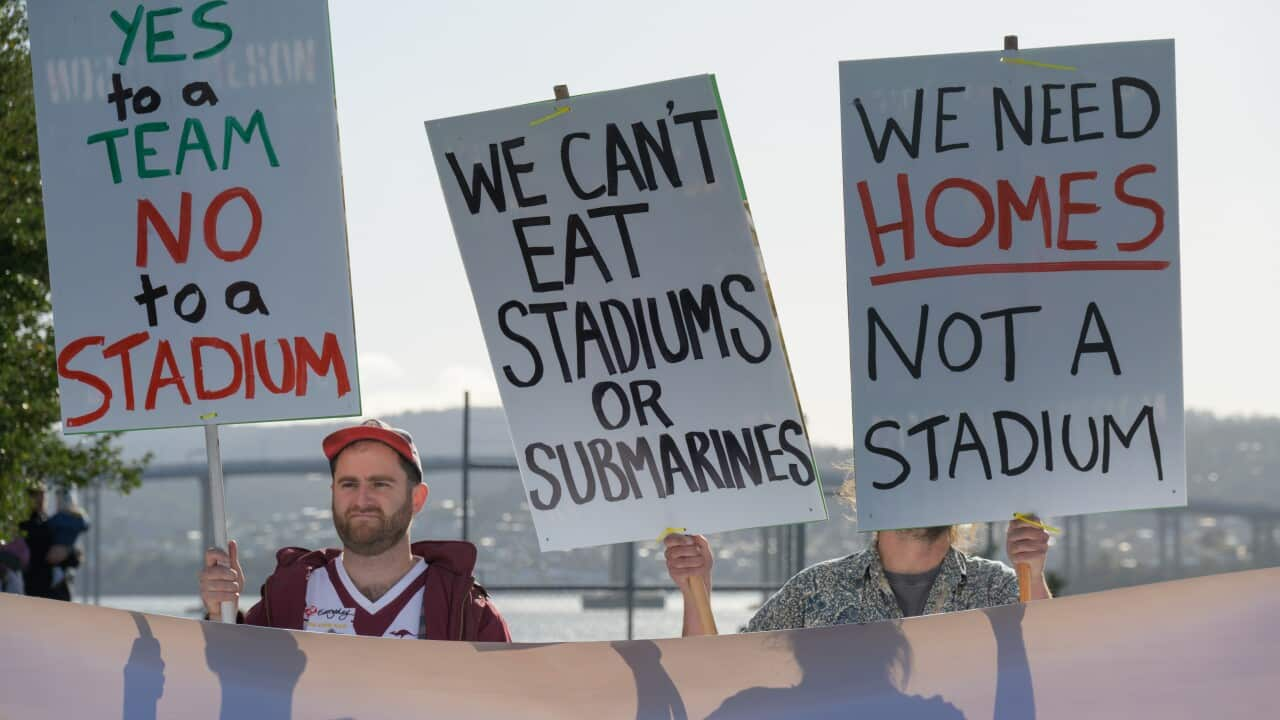Smashed windows, rubbish strewn across the floors, walls covered in graffiti ...
That is what has become of a family park in a new housing estate in Melbourne's outer west.
For months, the park in Tarneit (TAR-neet) has been the target of antisocial behaviour that has left its facilities trashed and vandalised and left local residents too afraid to use it.
The alleged perpetrators are youths of mostly African backgrounds linked to a series of recent crimes, including an attack on a police officer at a Melbourne shopping centre.
Victorian premier Daniel Andrews says police are doing everything they can to catch those responsible.
"Every single person involved in that completely unacceptable behaviour should not, for one moment, doubt the resolve and the resources that Victoria police have to bring them to justice and make sure that they feel the full force of the law."
Prime Minister Malcolm Turnbull is blaming Mr Andrews, saying police lack the political leadership to deal effectively with the issue.
"It's got the capacity to do the job. But what is lacking is the political leadership and the determination on the part of Premier Andrews to ensure that the great policemen and (police)women of Victoria have the leadership, the direction and the confidence of the government to get on with the job and tackle this gang problem on the streets of Melbourne and, indeed, throughout other parts of the state."
Victorian police minister Lisa Neville has admitted state police are battling a youth-crime problem involving youths from African backgrounds.
Ms Neville says the state government plans to introduce measures including increased case management, changes to parole conditions and the introduction of youth control orders.
"Those orders are about enabling young people to be either detained, sentenced or, in education, training and families involved. We've got coming into place early this year changes for the youth parole board, which will require the parole board to (not just) tell Victoria police when a young person has been paroled but actually put conditions on that parole -- for example, that young people cannot congregate or hang out with certain people. We've also got in place in that community, which started in November, a youth case-management intensive program. So these are for recidivist youth offenders like some of these African kids that we're seeing, where there will be intensive case management of each of those."
Victorian acting police commissioner Shane Patton says it is important not to glorify criminal youths, though, and to remember they are a small minority in the community.
"It's important to stress, though, we don't want to elevate these young thugs, these young criminals, to any status or give them any type of credibility they shouldn't already have. I do want to say importantly, though, the vast majority of those in the African community are very good, very decent, people, irrespective of their age. So that's an important matter for us to remember: they are good, decent people. We're talking about a small group of African youth."
African Think Tank chairman Dr Berhan Ahmed acknowledges there is an issue within some migrant African communities but also stresses it involves only a minority.
"Well, given the repeated crime in the last few days, without doubt there is a problem. And this needs to be tackled, but this is very (much a) minority."
He says it is a minority caught in a cycle of crime.
Dropping out of school and unemployment are reputed to be the key crises young people in the community are facing.
Robert Aduer works closely with African communities and is part of a South Sudanese patrolling group set up to tackle youth crime.
He says stigma is also causing some to act out, including the repeated use of the word gang.




